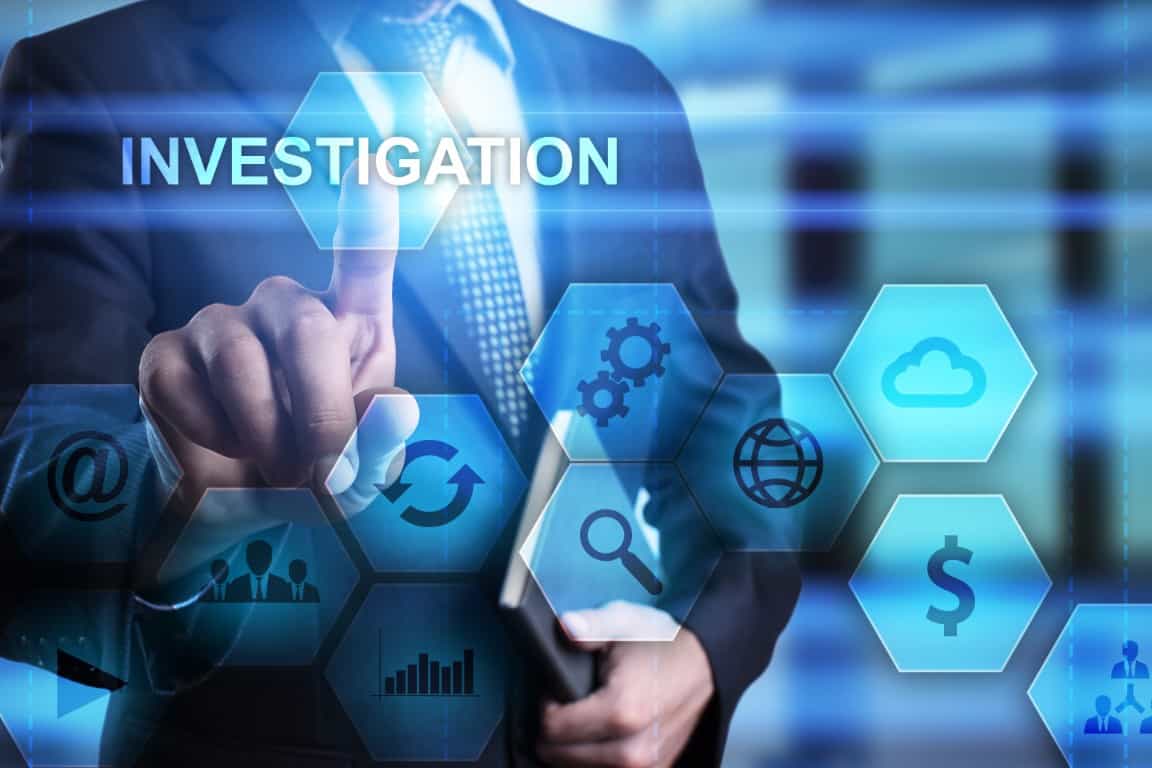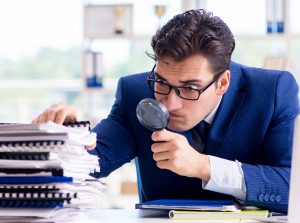
Forensic accounting is a specialized field that combines accounting, auditing, and investigative skills to uncover financial fraud and misconduct. It is a highly sought-after profession that requires a deep understanding of financial statements, data analysis, and legal procedures. If you are interested in pursuing a career in forensic accounting, here are some tips on how to study and excel in this field.
- Develop a Strong Foundation in Accounting
Forensic accounting is built on a solid foundation of accounting principles and practices. Therefore, it is essential to have a strong understanding of financial statements, bookkeeping, and tax regulations. You can start by taking accounting courses in college or pursuing a degree in accounting. It is also advisable to obtain professional certifications such as Certified Public Accountant (CPA) or Certified Fraud Examiner (CFE).
- Learn Data Analysis and Technology Skills
Forensic accountants need to be proficient in data analysis and technology tools to identify patterns and anomalies in financial data. You can enhance your skills by taking courses in data analytics, statistics, and computer science. Familiarize yourself with software programs such as Excel, Access, and SQL, which are commonly used in forensic accounting investigations.
- Understand Legal and Regulatory Frameworks
Forensic accountants work closely with legal professionals and law enforcement agencies to investigate financial crimes. Therefore, it is crucial to have a good understanding of legal and regulatory frameworks, including the Sarbanes-Oxley Act, the Foreign Corrupt Practices Act, and the Dodd-Frank Act. You can take courses in business law, criminal law, and compliance to gain a better understanding of these frameworks.
- Gain Practical Experience
Practical experience is essential in forensic accounting. You can gain experience by working as an intern or entry-level accountant in a forensic accounting firm or a government agency. You can also volunteer to work on pro bono cases or participate in mock trials to hone your skills.
- Stay Up-to-Date with Industry Trends
Forensic accounting is a constantly evolving field, and it is essential to stay up-to-date with industry trends and developments. You can attend conferences, seminars, and webinars to learn about new techniques, technologies, and best practices. You can also read industry publications and join professional organizations such as the Association of Certified Fraud Examiners (ACFE) to stay informed.
In conclusion, mastering forensic accounting requires a combination of technical skills, legal knowledge, and practical experience. By following these tips, you can develop a strong foundation in accounting, learn data analysis and technology skills, understand legal and regulatory frameworks, gain practical experience, and stay up-to-date with industry trends. With dedication and hard work, you can excel in this exciting and rewarding field.

